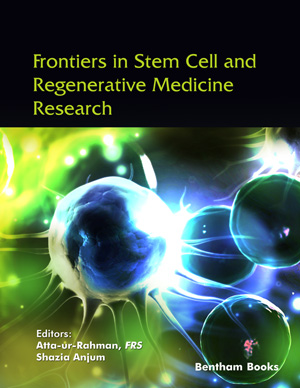Abstract
Haploidentical hematopoietic stem cell transplantation from a mismatched family member is an alternative treatment for transplant candidates who lack a HLA-matched related or an appropriate unrelated donor. One of main obstacles to successful haploidentical transplantation is slow immune reconstitution which significantly increases the risk of opportunistic infections, graft-vs-host-disease and disease relapse. Immune reconstitution is conventionally estimated by phenotypic recovery of immune cells according to lineage and/or by in vitro evidence of cell function. The limitations of these approaches include the sensitivity and specificity of phenotype markers, the availability of antibodies, the instability of long-term cell culture and the laborious nature of cell-function assays. Investigators have sought alternative approaches that are more sensitive, specific and simple, and that allow high-throughput testing for use in clinical transplantation. In this mini-review, we briefly introduce the concept of “molecular monitoring of immune-reconstitution” and discuss recent progress in this field achieved by our laboratory and other groups. We also propose future directions for clinical research incorporating these novel concepts.
Keywords: Molecular monitoring of immune reconstitution, haploidentical stem cell transplantation, T-cell receptor CDR3 size sspectratyping, TCR beta microarray, T-cell receptor excision circles, KIR spectratyping











